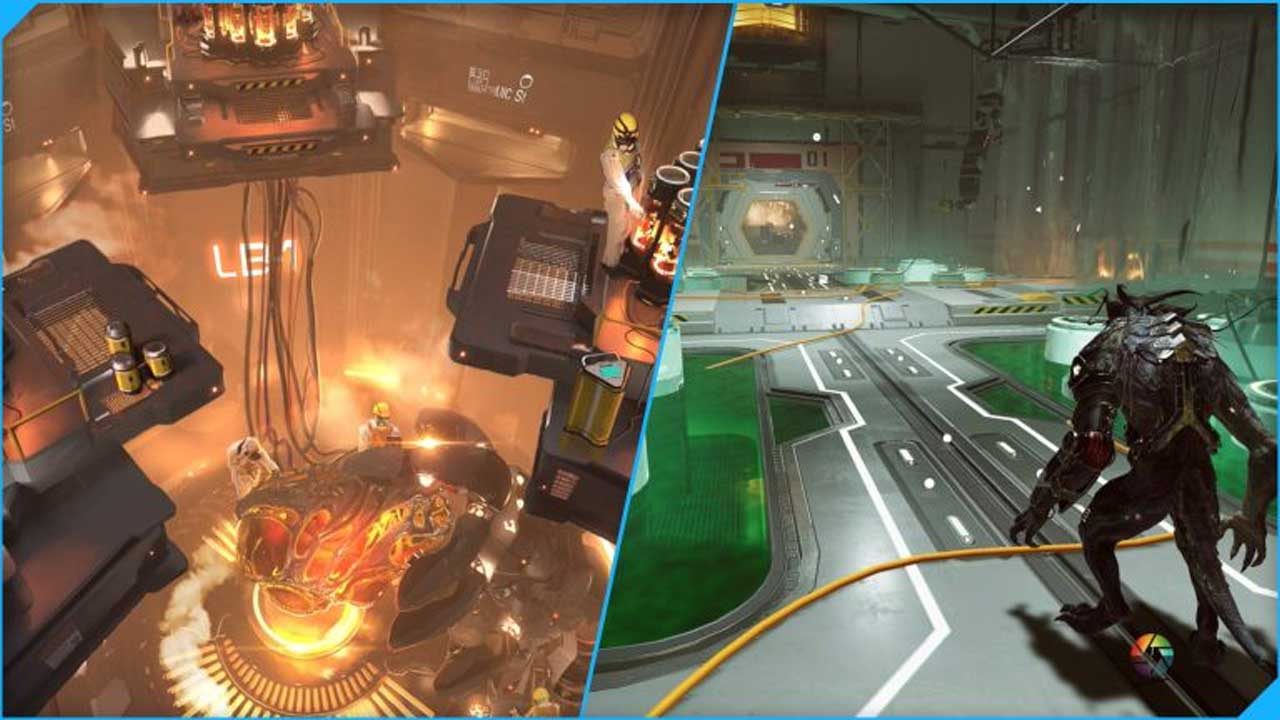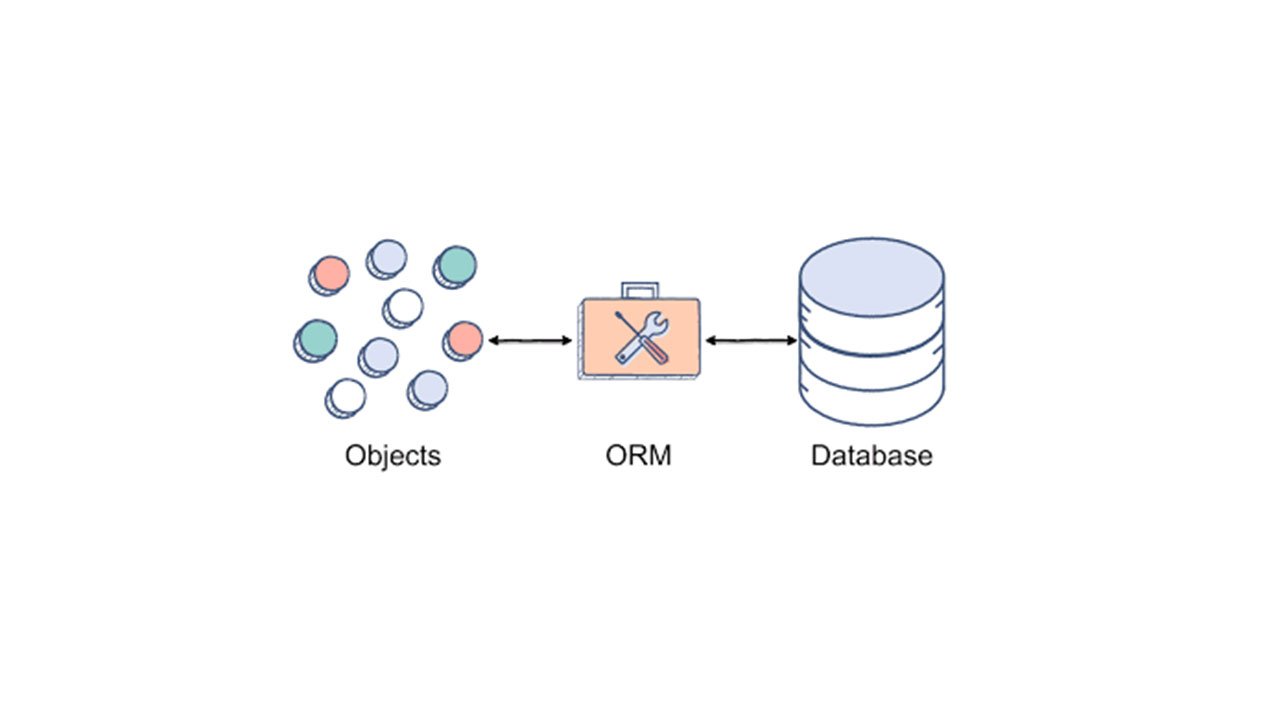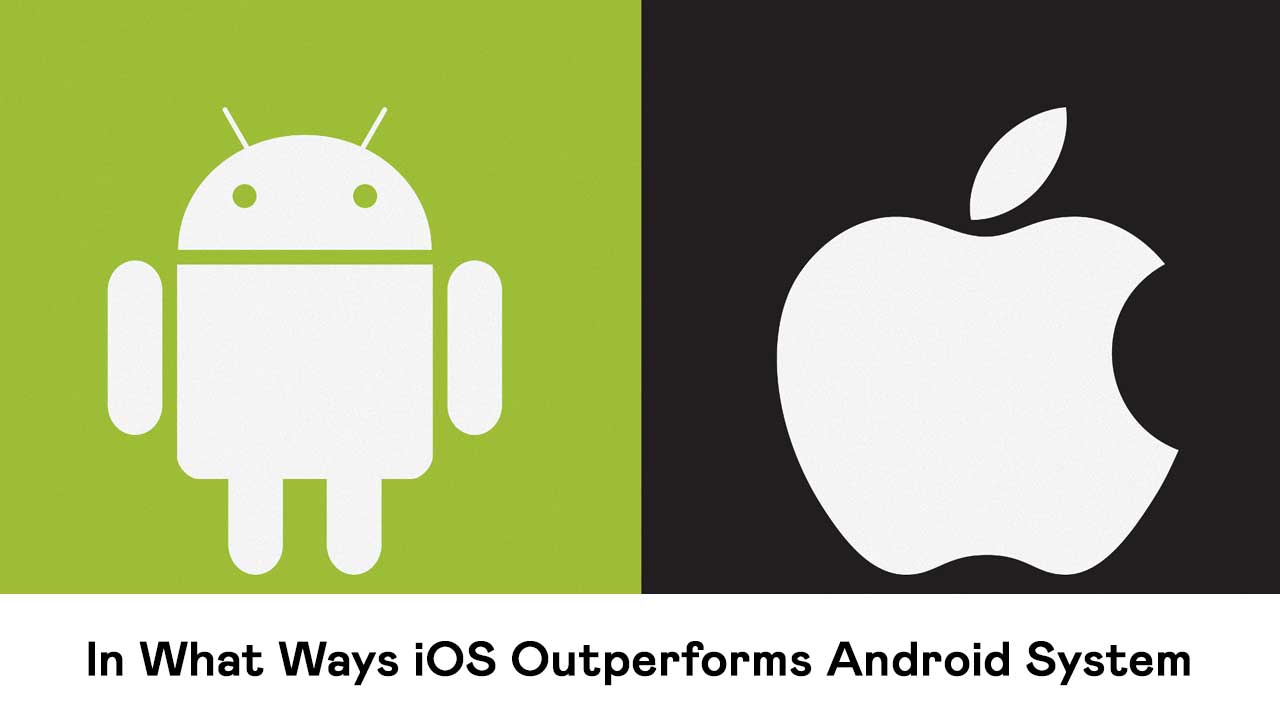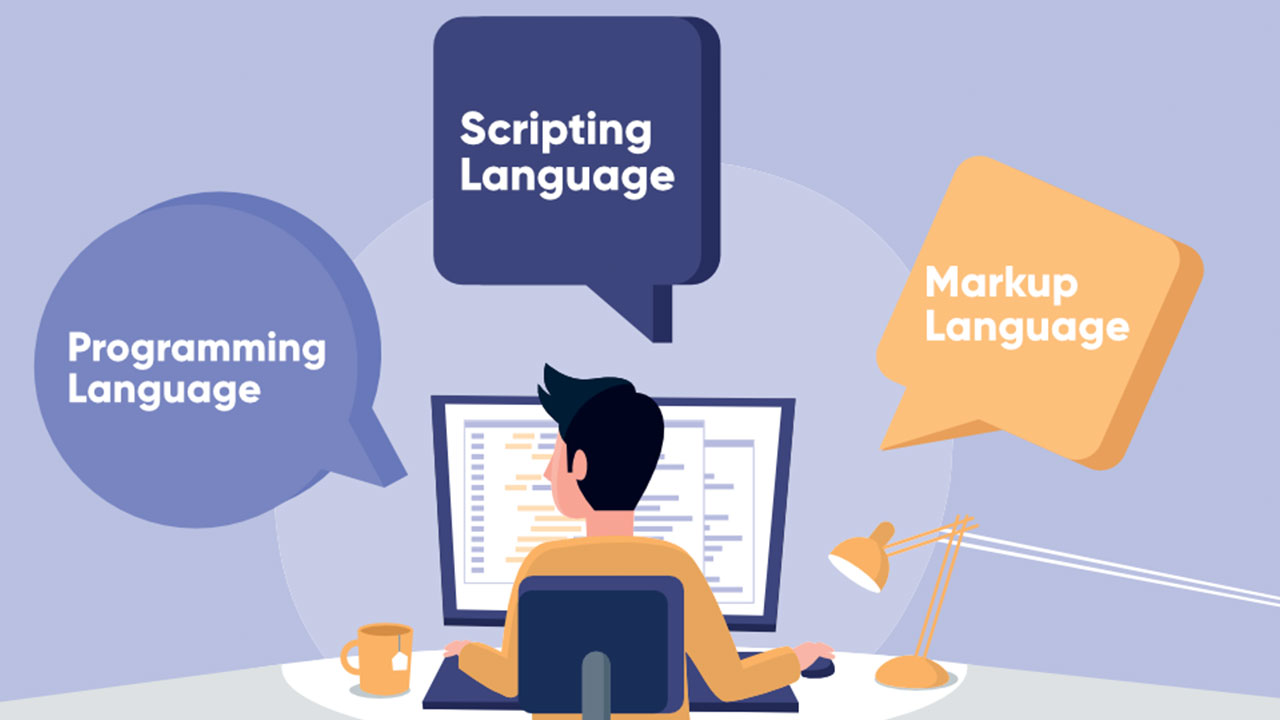SaaS Product Engineering: Building a Solid Foundation for Success
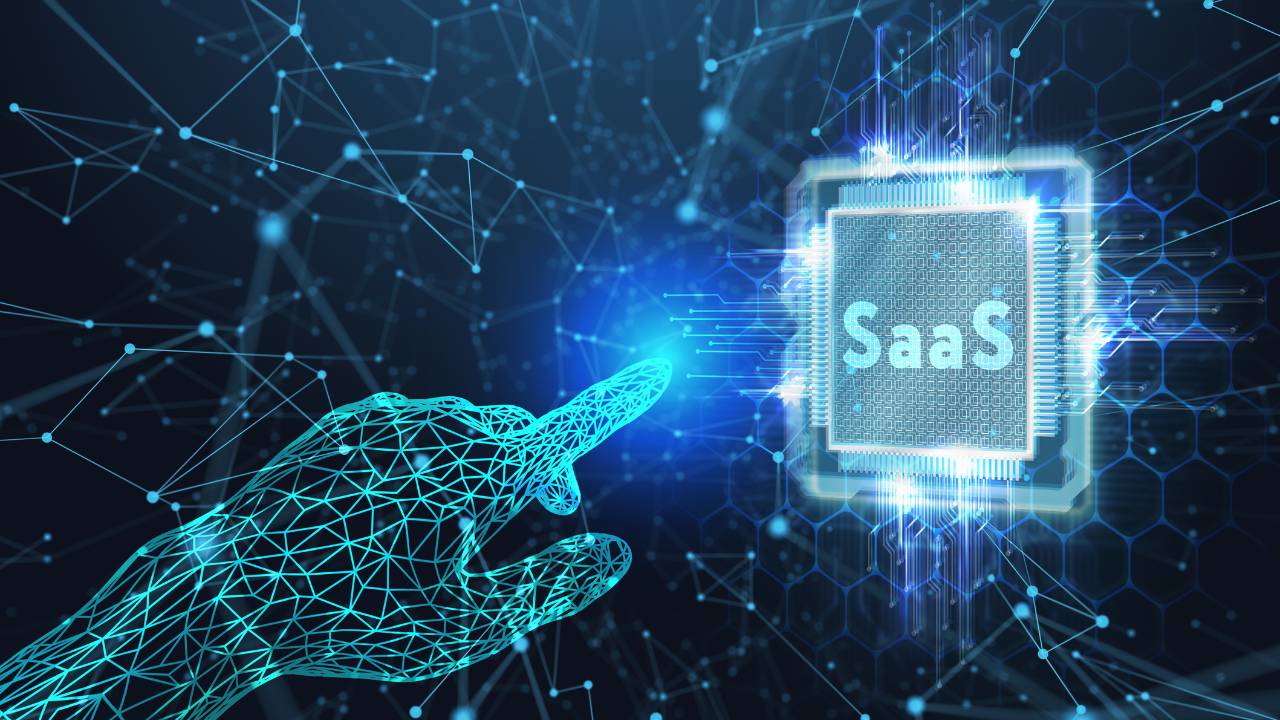
In the ever-evolving landscape of technology, Software as a Service (SaaS) has emerged as a dominant model for delivering software solutions. SaaS Product Engineering plays a crucial role in ensuring that these products are not only functional but also scalable, robust, and future-proof. At Tecizeverything, our SaaS consultants and engineers are dedicated to building a solid foundation during the development process, focusing on backend development, database management, API integrations, and server configuration. By employing cutting-edge technologies such as microservices architecture, cloud computing, and containerization, we ensure that our SaaS products meet the highest standards of agility, scalability, and reliability.
Understanding SaaS Product Engineering
What is SaaS Product Engineering?
SaaS Product Engineering involves the process of designing, developing, and maintaining software applications delivered over the internet. Unlike traditional software that requires installation on individual devices, SaaS applications are hosted on cloud servers and accessed via web browsers. This model offers numerous benefits, including lower costs, easier updates, and greater accessibility.
Key Components of SaaS Product Engineering
1. Backend Development: The backbone of any SaaS application, backend development involves creating the server-side logic, databases, and application programming interfaces (APIs) that power the software.
2. Database Management: Efficient database management ensures that data is stored, retrieved, and managed securely and efficiently. It includes selecting the appropriate database systems, designing schemas, and optimizing queries.
3. API Integrations: APIs enable different software systems to communicate and work together. Integrating third-party APIs can enhance the functionality of a SaaS product by adding new features and services.
4. Server Configuration: Proper server configuration is essential for the performance, security, and scalability of a SaaS application. This includes setting up servers, configuring load balancers, and implementing security measures.
The Role of Advanced Technologies in SaaS Development
Microservices Architecture
Microservices architecture breaks down a SaaS application into smaller, independent services that can be developed, deployed, and scaled separately. This approach offers several advantages:
Scalability: Each microservice can be scaled independently based on demand, ensuring efficient resource utilization.
Resilience: Fault isolation ensures that a failure in one microservice does not affect the entire application.
Flexibility: Teams can work on different microservices simultaneously, speeding up the development process.
Cloud Computing
Cloud computing provides the infrastructure and platforms necessary for hosting and managing SaaS applications. Key benefits include:
Cost Efficiency: Pay-as-you-go pricing models reduce upfront costs and allow businesses to scale resources based on demand.
Accessibility: Users can access the SaaS application from anywhere with an internet connection.
Reliability: Cloud providers offer robust security, backup, and disaster recovery services.
Containerization
Containerization involves encapsulating an application and its dependencies into a container that can run consistently across different environments. Benefits of containerization include:
Portability: Containers can run on any system that supports the container runtime, making it easier to move applications between development, testing, and production environments.
Consistency: Containers ensure that the application runs the same way regardless of the underlying infrastructure.
Efficiency: Containers are lightweight and use resources more efficiently compared to traditional virtual machines.
Ensuring Scalability, Robustness, and Interoperability
Scalability
Scalability is the ability of a SaaS application to handle increasing loads without compromising performance. Our engineers design SaaS products with scalability in mind, utilizing load balancing, horizontal scaling, and efficient database management to ensure the application can grow with user demand.
Robustness
Robustness refers to the ability of a SaaS application to operate reliably under various conditions. By implementing comprehensive testing, monitoring, and fault-tolerant design practices, we ensure that our SaaS products can withstand and recover from unexpected issues.
Interoperability
Interoperability is the capability of a SaaS application to work seamlessly with other systems and applications. Through API integrations and adherence to industry standards, we ensure that our SaaS products can easily integrate with third-party services and platforms.
Conclusion
SaaS Product Engineering is a complex and multifaceted discipline that requires expertise in backend development, database management, API integrations, and server configuration. At Tecizeverything, our SaaS consultants and engineers leverage advanced technologies such as microservices architecture, cloud computing, and containerization to build SaaS products that are agile, scalable, and future-proof. By focusing on scalability, robustness, and interoperability, we create software solutions that not only meet but exceed the expectations of our clients and their users.
FAQs
What is the primary benefit of using SaaS over traditional software?
The primary benefit of using SaaS over traditional software is the ease of access and lower upfront costs. SaaS applications are hosted on the cloud and can be accessed via web browsers, eliminating the need for installation and maintenance on individual devices.
How does microservices architecture enhance SaaS development?
Microservices architecture enhances SaaS development by breaking down the application into smaller, independent services that can be developed, deployed, and scaled separately. This approach improves scalability, resilience, and flexibility.
Why is cloud computing important for SaaS applications?
Cloud computing is important for SaaS applications because it provides the necessary infrastructure and platforms for hosting and managing the software. It offers cost efficiency, accessibility, and reliability, which are crucial for the success of SaaS products.
What are the advantages of containerization in SaaS development?
Containerization offers several advantages in SaaS development, including portability, consistency, and efficiency. Containers encapsulate the application and its dependencies, ensuring it runs consistently across different environments and uses resources more efficiently.
How do SaaS engineers ensure the robustness of an application?
SaaS engineers ensure the robustness of an application by implementing comprehensive testing, monitoring, and fault-tolerant design practices. These measures help the application operate reliably under various conditions and recover from unexpected issues.
